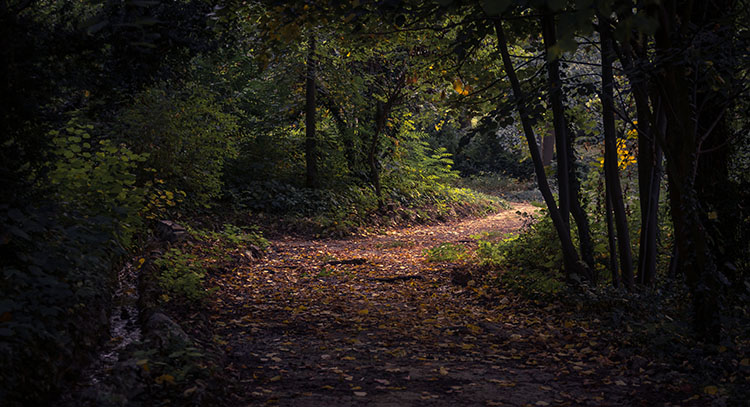In a world where we keep spinning at an ever faster pace, I am slow. And I'm okay with that … especially when it comes to writing.
There are writers who set word count goals to accomplish each day. For example, Stephen King has a goal of 2,000 words a day, and I laud those who can set goals and keep them. My process lends itself more to there being some days 200 words on the page might be a win, when another day might bring 5,000 words and I stop only because my hands cannot keep up. 🙂 While I do outline prior to starting any work, once I'm actively writing something, I let the characters guide me.
I received the manuscript for South of Happy back from the editor a few weeks ago and have been working my way through the comments. (HUGE shoutout to Christopher Brooks!!!) My editing progress may be even more erratic than drafting progress. A good editor (and Christopher is excellent) challenges the author to stretch and points out things they have been blind to, no matter how many times they have revised the manuscript.
South of Happy edits are no exception to the rule—which means some sections I can breeze through, but others stop me in my tracks and I need to think things through. I enjoy the introspective deep dives that happen during this editing pass because the result is a much richer result for the reader.
I'm like the turtle, slowly moving through and stopping occasionally to take in the scenery. Sometimes, the editorial notes are about one thing, and I have an epiphany about something else. Case in point (and the inspiration for this blog post):
The editorial notes had to do with a scene where two characters are walking along a road and then move into the woods lining the road. The comments were about clarifying the setting details. But while focused on the setting, a question arose. WHY were they walking? In the normal course of events, neither character would have walked to school, so why were they walking home?
Then I wondered whether Agatha Christie had a similar moment, and whether a single question had spawned an entire novel in, Why Didn't They Ask Evans? The single question stopped me in my editing tracks and it led to several other questions I needed to answer.
The amazing thing is that I had all the elements to hand in the story not only to answer the question, but to help me provide better context and a lusher experience for the reader.
If I had been pushing myself to race through the edits with the primary goal of simply getting through them, I'd have missed the lack of motivation on the page. Yes, there are times I may despair that I'll ever finish, so want to blast through to the end, but something usually crops up to make me extremely glad I took the extra time.
No one who has read the manuscript to date, not even my editor, raised the question or noticed the lack, but I'm so glad it caught my attention—this time. I take a great deal of pride in polishing up a manuscript until it shines and love the occasions when something jumps out at me, even if it takes revising multiple sections of the work to get it right. So I'll continue turtling along in the slow lane, and when I get to the finish line, I'll have an even greater sense of fulfillment knowing I did my best.
One additional bit of information … the title for the book has changed from Winds Blowing South of Happy to South of Happy because South of Happy simply suited it better and I am even happier with the title than I was before. Hopefully, we'll have a cover soon. 🙂
The picture at the top is a visual for my editing process … coming out of the dark into the light, but up ahead is the unknown.



2 Comments on “Editing in the Slow Lane”
It’s true a good editor brings put the flowers in the manuscript that the author might have overlooked
No matter how many times I read over my work, I always seem to miss something .
I ALWAYS miss something. Authors are blind when it comes to their own work.